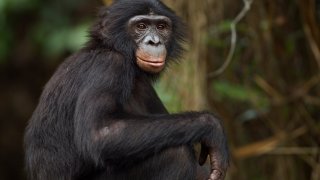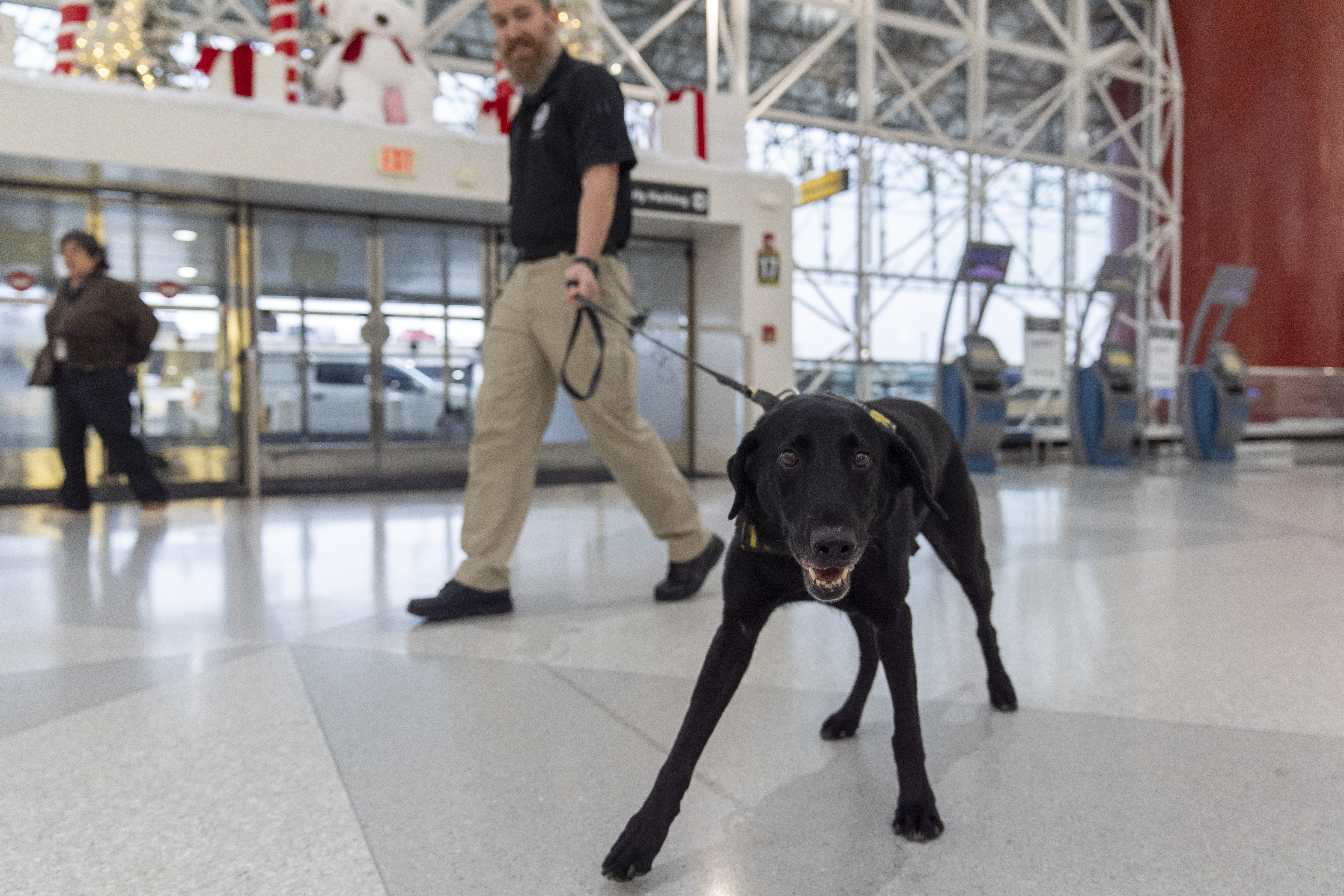
A Cincinnati Zoo & Botanical Garden worker's thumb was partially amputated after a bonobo attacked during morning feeding Friday, the zoo said.
The employee has been stabilized at a hospital and was being treated, the zoo said in a statement Friday afternoon.
The bonobo bit through a protective mesh barrier as the primate care worker was giving food and medicine to the animals during morning rounds, the zoo said.
It wasn't clear if the primate made contact with the worker or if the injury came from the barrier.
Get top local stories in Connecticut delivered to you every morning. >Sign up for NBC Connecticut's News Headlines newsletter.
The zoo emphasized that it happened "behind the scenes" at its Jungle Trails habitat, which it said last year is home to 10 bonobos.
"The incident occurred behind the scenes and no other staff, guests, or animals were involved or injured," it said.
There was no breach, and no workers were inside the core habitat, the zoo said.
U.S. & World
The Jungle Trails habitat was closed for the day but was scheduled to reopen Saturday, a zoo spokesperson said.
"The Zoo is reviewing the details to understand what led to the incident," the institution said in its statement.
The zoo did not identify which animal was involved in the incident.
Gilda, an 18-year-old bonobo, gave birth to a boy on Sept. 8 at the institution, the zoo said. On Sept. 30, the zoo posted video of the pair making their first public appearance in their habitat.
The bonobo is a primate closely related to chimpanzees.
The International Union for Conservation of Nature and Natural Resources lists the bonobo as an endangered species with a population on the decline because of development, civil unrest and mining in its native Democratic Republic of the Congo.
The nonprofit Bonobo Conservation Initiative said reliable population estimates are difficult to obtain. "As few as 15,000 bonobos remain today," it said on its website.
Bonobos, often organized around female leadership, are considered more peaceful, intelligent and empathetic than other primates. Because they are the last of the great apes to be discovered by humans — they were officially designated as a species in 1929 — researchers are still making discoveries and hope to make more.
Key among potential insights is what bonobos can teach researchers about humans. The primates share 98.7 of their DNA with humans, making them our closest relative in the animal kingdom, according to the World Wildlife Fund.
This story first appeared on NBCNews.com. More from NBC News:



